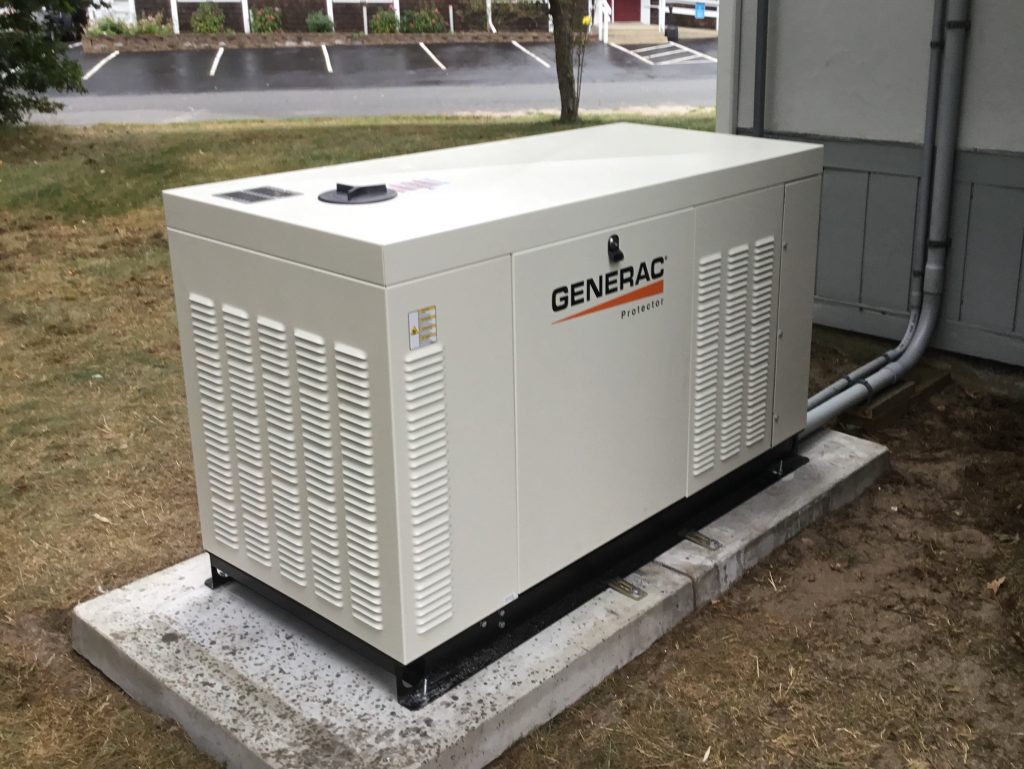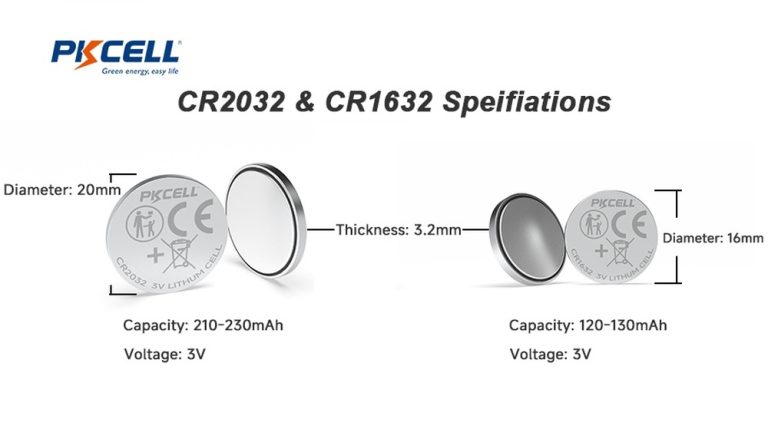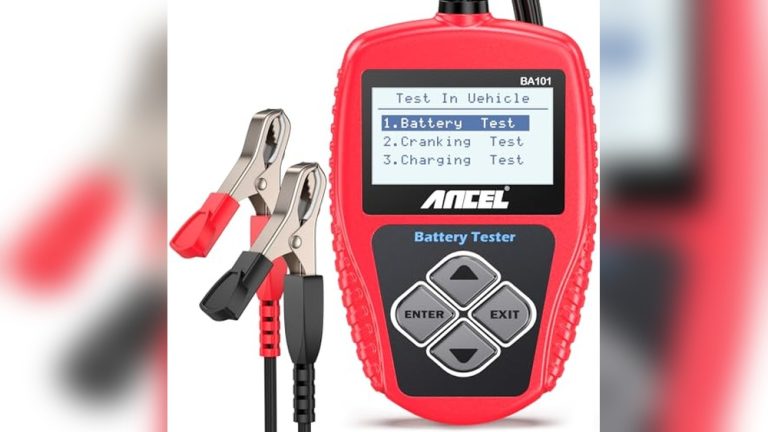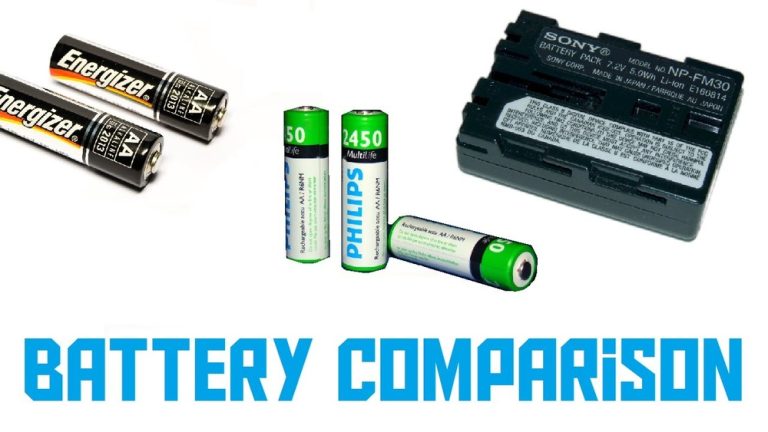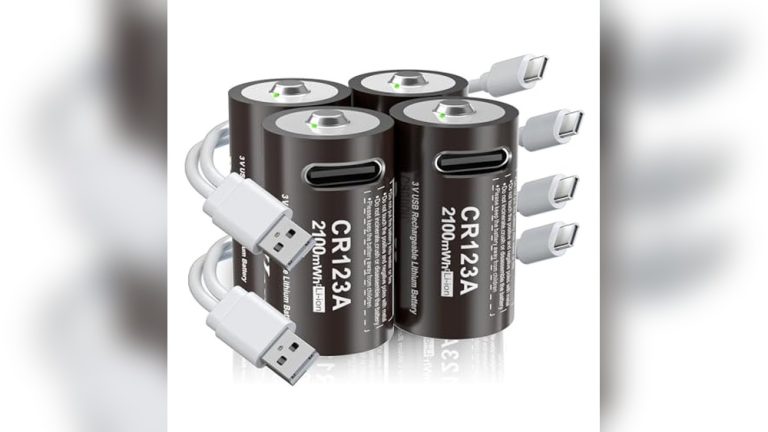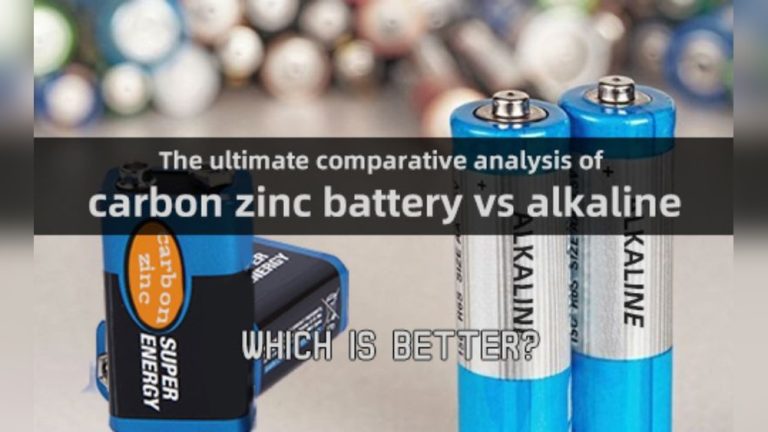Air Cooled Vs Liquid Cooled Generac Generator: Which is Best?
Choosing between an air-cooled and a liquid-cooled Generac generator can be challenging. Both options have their own set of advantages and disadvantages.
Generators are essential for providing backup power during outages. Generac offers both air-cooled and liquid-cooled models. Understanding the differences between these two types can help you make an informed decision. Air-cooled generators use fans to cool the engine, while liquid-cooled models use a coolant system.
This comparison will cover the key aspects of both types. We will explore their performance, cost, and maintenance needs. By the end, you will have a clear idea of which generator suits your needs best. Let’s dive into the details and find out which option works for you.
Credit: support.generac.com
Introduction To Generac Generators
Generac Generators are a trusted name in power solutions. They provide reliable backup power for homes and businesses. These generators come in various models and types, including air-cooled and liquid-cooled options.
Brief History
Generac was founded in 1959. It started as a small company. Today, it is a leading manufacturer of backup generators. Over the years, Generac has focused on innovation and quality. This has helped them grow steadily.
Popularity And Market Presence
Generac Generators are very popular. They are known for their reliability. Many homeowners and businesses trust Generac for backup power. Their market presence is strong. You can find Generac Generators in many countries. They have a wide range of products to meet different needs.

Credit: rcaelectric.com
Basics Of Air Cooled Generators
Understanding the basics of air cooled generators can help you decide if they are the right choice for your power needs. Air cooled generators are a popular choice for many homeowners and small businesses. They offer reliable power in a compact and efficient package.
How They Work
Air cooled generators use air to cool their engines. A fan blows air over the engine to remove heat. This process keeps the engine at a safe temperature. The generator’s design ensures that air flows efficiently. This helps prevent overheating and extends the generator’s life.
Common Applications
Air cooled generators are ideal for residential use. They provide backup power during outages. Small businesses also benefit from air cooled generators. They can power essential equipment and keep operations running smoothly. These generators are also used for recreational purposes. They can power RVs, boats, and outdoor events.
Basics Of Liquid Cooled Generators
Understanding the basics of liquid cooled generators is essential for anyone considering a Generac generator. Liquid cooled generators use a liquid coolant to maintain engine temperature. This type of cooling is different from air-cooled systems, which use air to keep the engine cool.
How They Operate
Liquid cooled generators operate by circulating a coolant around the engine. The coolant absorbs heat from the engine. It then moves to a radiator where the heat is released. This cycle repeats, keeping the engine at a stable temperature.
The coolant is usually a mixture of water and antifreeze. This mixture helps prevent the coolant from freezing in cold weather. A pump moves the coolant through the system. A fan aids in cooling the heated coolant in the radiator.
Common Uses
Liquid cooled generators are used in various settings. They are often found in industrial applications due to their efficiency. They can handle long run times and heavy loads. This makes them ideal for factories and large facilities.
They are also used in residential settings for homes needing a reliable power source. In areas prone to power outages, they provide peace of mind. They are quieter than air-cooled generators, making them suitable for neighborhoods.
Here is a table summarizing common uses:
| Application | Benefits |
|---|---|
| Industrial | Handles heavy loads, long run times |
| Residential | Quiet operation, reliable power |
Performance Comparison
Choosing between an air-cooled and a liquid-cooled Generac generator can be challenging. Performance plays a crucial role in this decision. This section will delve into the efficiency and power output of both types of generators.
Efficiency
Efficiency is a key factor in generator performance. An air-cooled Generac generator uses air to cool its engine. This method requires fewer components, making the system simpler and easier to maintain. However, air-cooling is less efficient in hot climates or during extended use.
On the other hand, a liquid-cooled Generac generator uses a coolant to manage temperature. This method is more efficient and reliable, especially in demanding conditions. Liquid cooling maintains a steady engine temperature, which can prolong the generator’s lifespan.
| Aspect | Air-Cooled Generator | Liquid-Cooled Generator |
|---|---|---|
| Cooling Method | Air | Coolant |
| Maintenance | Less Frequent | More Frequent |
| Efficiency in Hot Climates | Lower | Higher |
Power Output
The power output of a generator is crucial for ensuring that all your appliances run smoothly. Air-cooled generators are suitable for residential use. They typically offer lower power output, making them ideal for small to medium-sized homes.
Conversely, liquid-cooled generators provide higher power output. They are perfect for larger homes, commercial buildings, or industrial settings. Their ability to deliver consistent and robust power makes them a preferred choice for demanding applications.
- Residential Use: Air-Cooled
- Commercial and Industrial Use: Liquid-Cooled
In summary, the choice between air-cooled and liquid-cooled Generac generators depends on your specific needs. Consider the efficiency and power output required for your application.
Maintenance Needs
Proper maintenance ensures the longevity and efficiency of your Generac generator. Both air-cooled and liquid-cooled generators have their unique maintenance needs. Knowing these requirements helps you keep your generator in top shape.
Air Cooled Maintenance
Air-cooled generators use fans to cool the engine. These systems need regular cleaning to remove dust and debris. Check the air filters every three months. Replace them if dirty. Inspect the cooling fins and clear any obstructions. Ensure the engine oil is changed every 100 hours of use. Check the spark plugs annually. Replace them if worn out.
Liquid Cooled Maintenance
Liquid-cooled generators use coolant to regulate temperature. These systems require more detailed inspections. Check the coolant levels monthly. Ensure there are no leaks. Flush the cooling system every two years. Replace the coolant as recommended by the manufacturer. Inspect the radiator and hoses for wear and tear. Change the engine oil every 100 hours of use. Check the spark plugs and replace them if needed.
Cost Analysis
Choosing between an air-cooled and a liquid-cooled Generac generator involves various factors. One of the most important is cost. This section will break down the cost analysis of both options.
Initial Investment
The initial investment for an air-cooled Generac generator is generally lower. These units are simpler in design and easier to manufacture. An air-cooled generator usually costs between $2,000 and $4,000. This price range makes them attractive for homeowners.
On the other hand, liquid-cooled Generac generators require a more complex setup. They have additional components such as radiators and coolant systems. This complexity drives up the initial cost. Liquid-cooled units typically range from $4,000 to $10,000. This higher price reflects their advanced technology and greater efficiency.
Long-term Costs
Long-term costs include maintenance, repairs, and operational expenses. Air-cooled generators are simpler but may need more frequent maintenance. Dust and debris can clog the cooling system, requiring regular cleaning. These maintenance needs can add up over time.
Liquid-cooled Generac generators usually have lower long-term costs. Their efficient cooling system reduces wear and tear on the engine. This leads to fewer breakdowns and less frequent maintenance. Although they are more expensive initially, they can be more cost-effective in the long run.
Fuel consumption also affects long-term costs. Air-cooled generators often consume more fuel under heavy loads. Liquid-cooled models are more fuel-efficient, saving money over time.
Installation Considerations
Choosing between an air-cooled and a liquid-cooled Generac generator involves understanding their installation needs. Proper installation ensures efficient operation and longevity. Let’s look at the factors you should consider for each type.
Space Requirements
Space is a critical factor in generator installation. Air-cooled generators usually take up less space. They are compact and can fit in smaller areas. This makes them ideal for homes with limited space. Conversely, liquid-cooled generators are larger. They need more space due to their cooling systems.
| Generator Type | Space Needed |
|---|---|
| Air-Cooled | Compact, fits smaller areas |
| Liquid-Cooled | Larger, needs more space |
Ensure you measure your available space before deciding. A good fit is crucial for proper ventilation and safety.
Installation Complexity
Installation complexity varies between air-cooled and liquid-cooled generators. Air-cooled generators are easier to install. They have fewer components and simpler systems. This often results in lower installation costs. Liquid-cooled generators, on the other hand, are more complex. They require more parts and a cooling system setup.
- Air-Cooled Generators:
- Simpler installation
- Fewer components
- Lower installation costs
- Liquid-Cooled Generators:
- Complex installation
- More components
- Higher installation costs
Consider the long-term benefits and costs. A simpler installation might save money initially but weigh this against the operational needs of your home or business.

Credit: www.youtube.com
Suitability For Different Environments
Choosing the right Generac generator depends on many factors. The environment where the generator will be used is crucial. Air-cooled and liquid-cooled generators have different strengths in varying conditions. Understanding these differences can help you make the best choice.
Climate Factors
Climate plays a big role in determining which type of generator suits your needs. Air-cooled generators work best in moderate temperatures. They use fans to blow air over the engine to keep it cool. This system works well in environments where temperatures do not exceed 100°F (37.8°C).
Liquid-cooled generators are ideal for hotter climates. They use a coolant system similar to car engines. This makes them more efficient in extreme heat. If you live in a hot area, a liquid-cooled generator can handle higher temperatures better.
Usage Scenarios
Different environments have different power needs. Air-cooled generators are often used in residential settings. They are smaller and quieter, making them perfect for home use. They are also easier to install and maintain.
Liquid-cooled generators are better for commercial and industrial settings. They can run for longer periods without overheating. This makes them suitable for businesses that need constant power. They are also more durable under heavy use.
| Environment | Air-Cooled | Liquid-Cooled |
|---|---|---|
| Moderate Climate | Suitable | Overkill |
| Hot Climate | Not Ideal | Best Choice |
| Residential Use | Ideal | Not Necessary |
| Commercial Use | Not Recommended | Highly Suitable |
Pros And Cons
Choosing between an air cooled and a liquid cooled Generac generator can be confusing. Each type has its own advantages and disadvantages. Understanding the pros and cons will help you make an informed decision.
Advantages Of Air Cooled
Air cooled generators are simpler. They use fans to keep the engine cool. This makes them less expensive to buy. They also need less maintenance. Their design is straightforward and easy to understand. They are lighter and more portable. This makes them easier to move around. Air cooled generators are often quieter. This is because they do not have a liquid cooling system. They are great for small to medium power needs. They are good for homes and small businesses.
Advantages Of Liquid Cooled
Liquid cooled generators are more efficient. They use liquid coolant to keep the engine cool. This allows them to handle larger power loads. They are better for continuous use. They can run for long periods without overheating. Liquid cooled generators are more durable. Their engines last longer. They are great for big businesses and industrial sites. They can power large homes with many appliances. They are also quieter during heavy use. This is due to their advanced cooling system.
Frequently Asked Questions
What Is An Air-cooled Generator?
An air-cooled generator uses air to cool the engine. Fans circulate air over the engine to dissipate heat. This type is typically less expensive and simpler to maintain.
How Does A Liquid-cooled Generator Work?
A liquid-cooled generator uses coolant to keep the engine cool. Coolant circulates through the engine and radiator, effectively managing heat. It is often used in larger, high-performance generators.
Which Is More Efficient: Air-cooled Or Liquid-cooled?
Liquid-cooled generators are generally more efficient. They can handle higher loads and run for longer periods without overheating. Air-cooled generators are simpler and more cost-effective for smaller applications.
Are Liquid-cooled Generators Quieter Than Air-cooled?
Yes, liquid-cooled generators are usually quieter. The coolant system reduces noise compared to the fan system in air-cooled generators. This makes them preferable for noise-sensitive environments.
Conclusion
Choosing between an air-cooled and liquid-cooled Generac generator depends on your needs. Air-cooled models are simpler and cost-effective. Liquid-cooled ones offer better performance and are quieter. Consider your budget and power needs. Evaluate space and maintenance requirements too. Both options provide reliable power.
Take time to research and decide wisely. Ensure you select the best fit for your home or business. Proper choice ensures efficient and lasting power supply.

